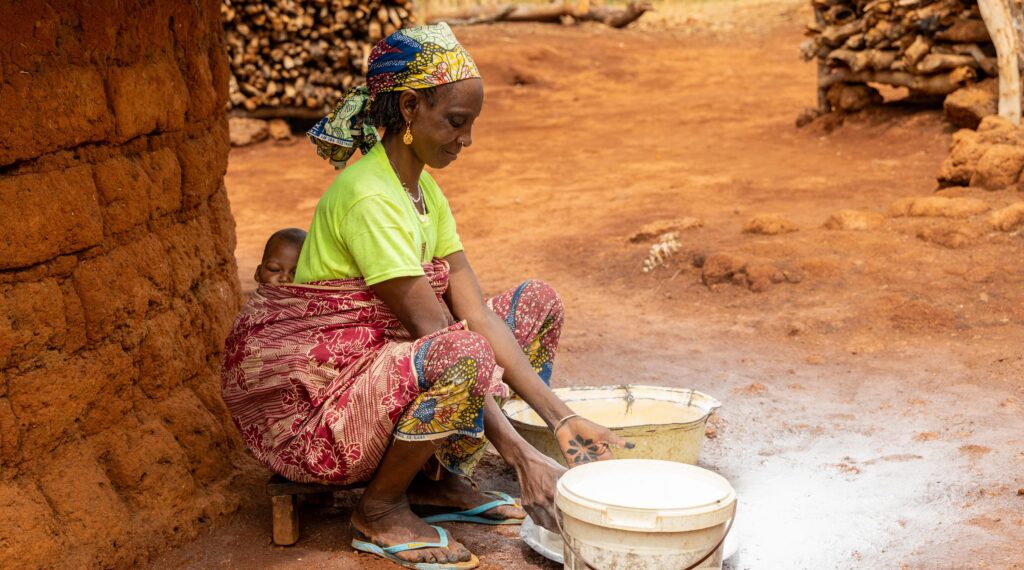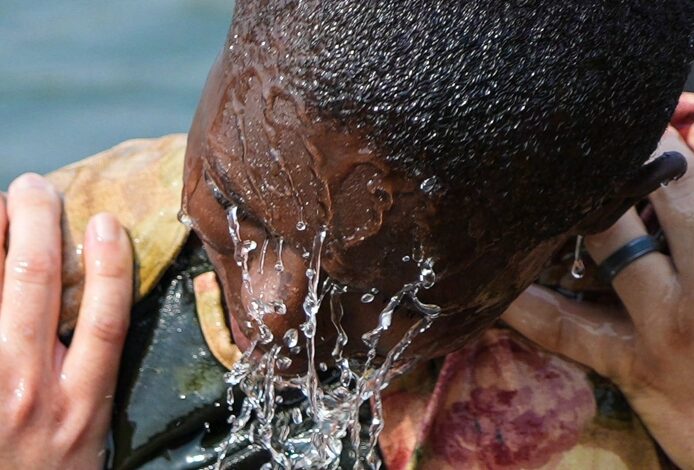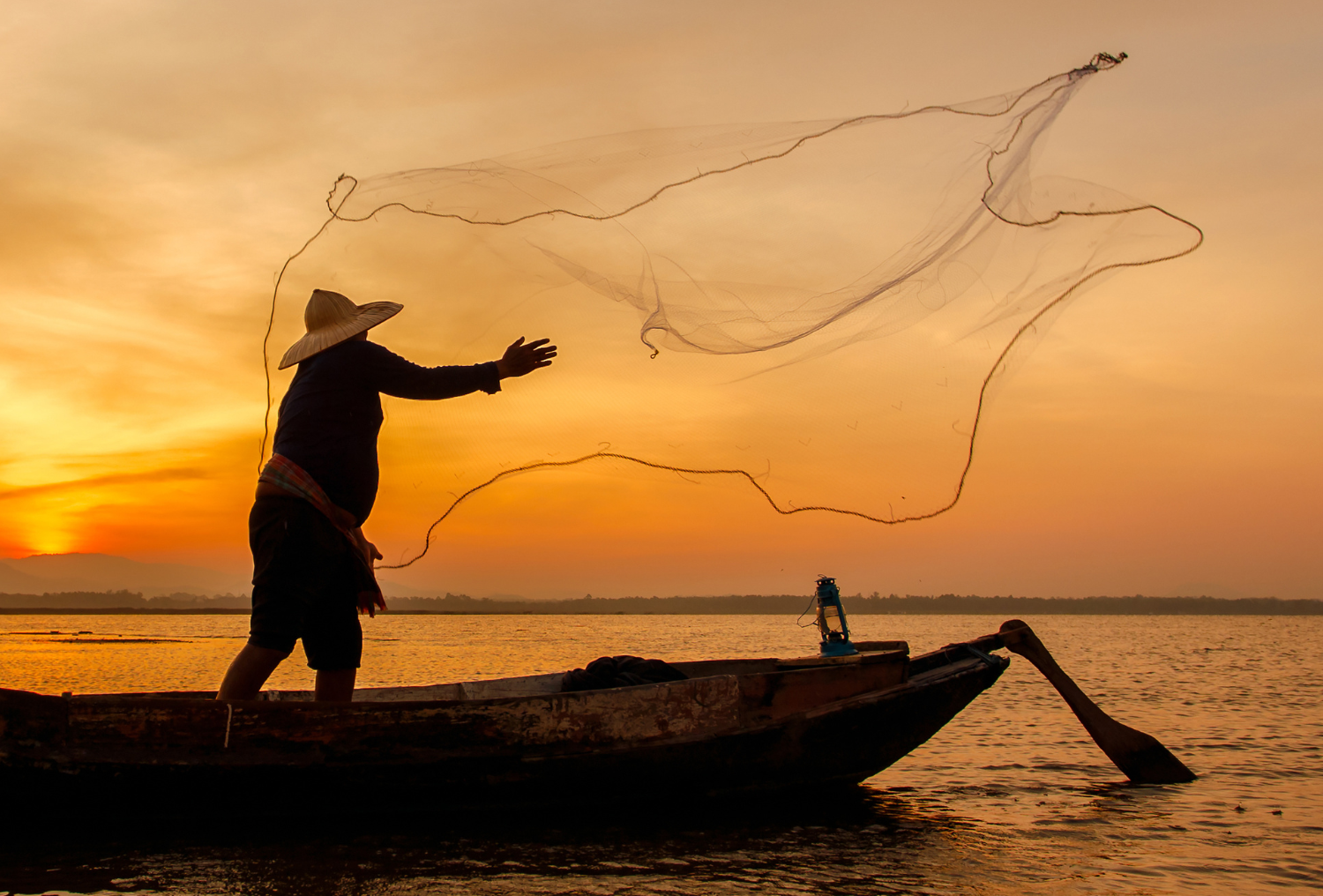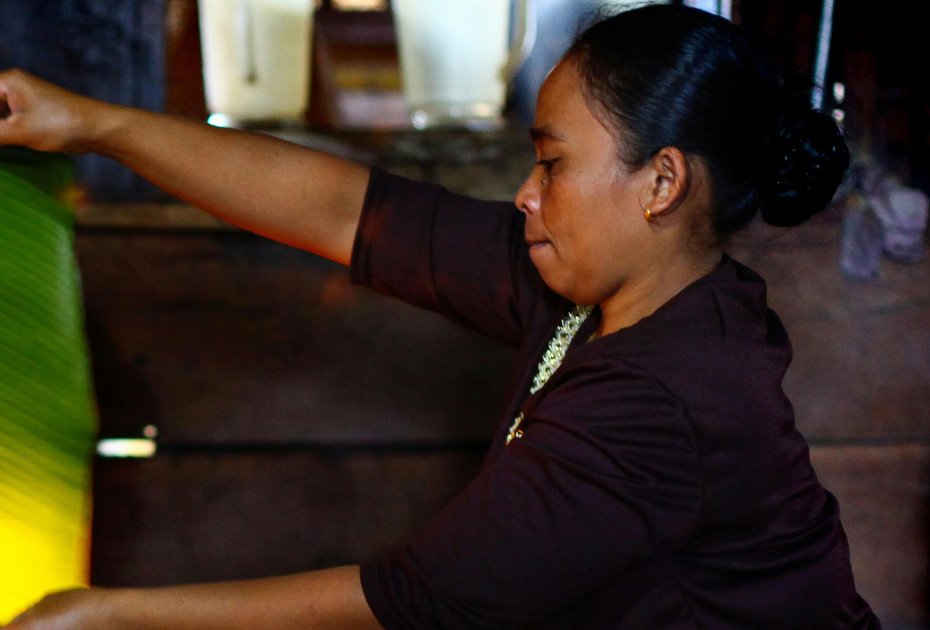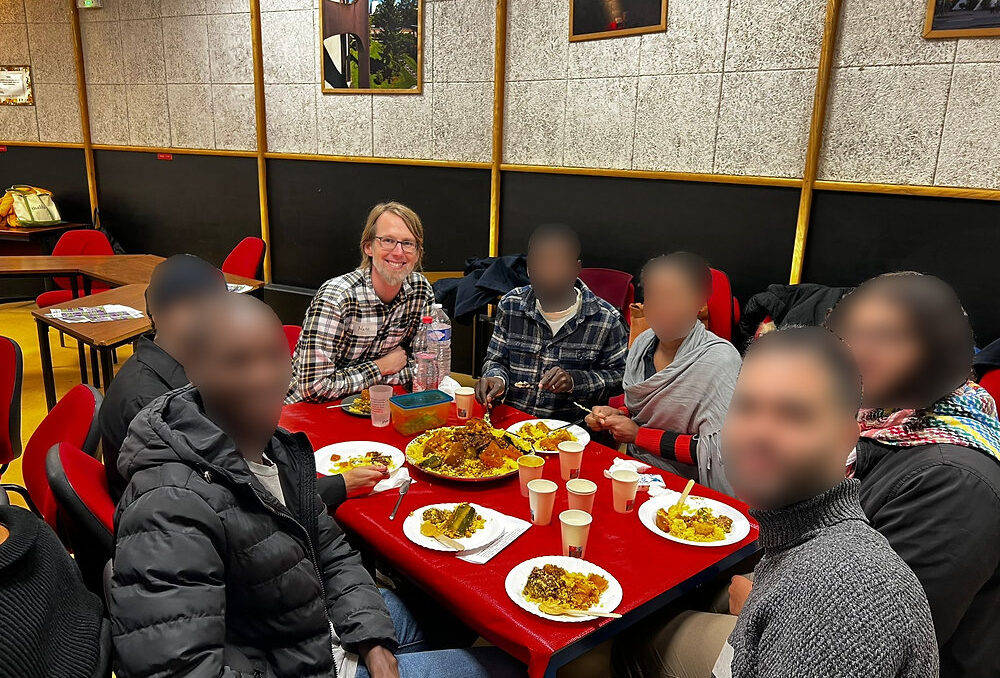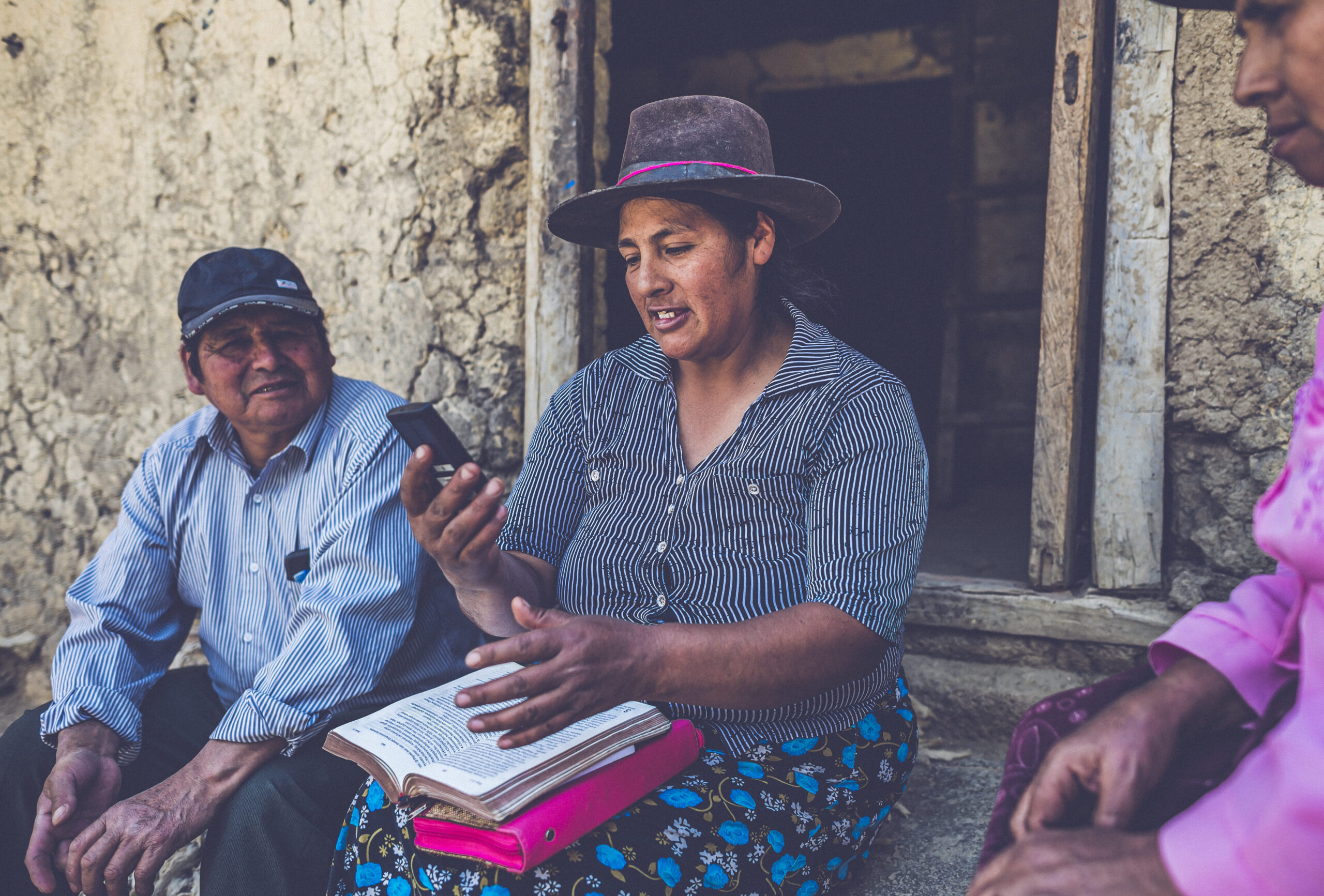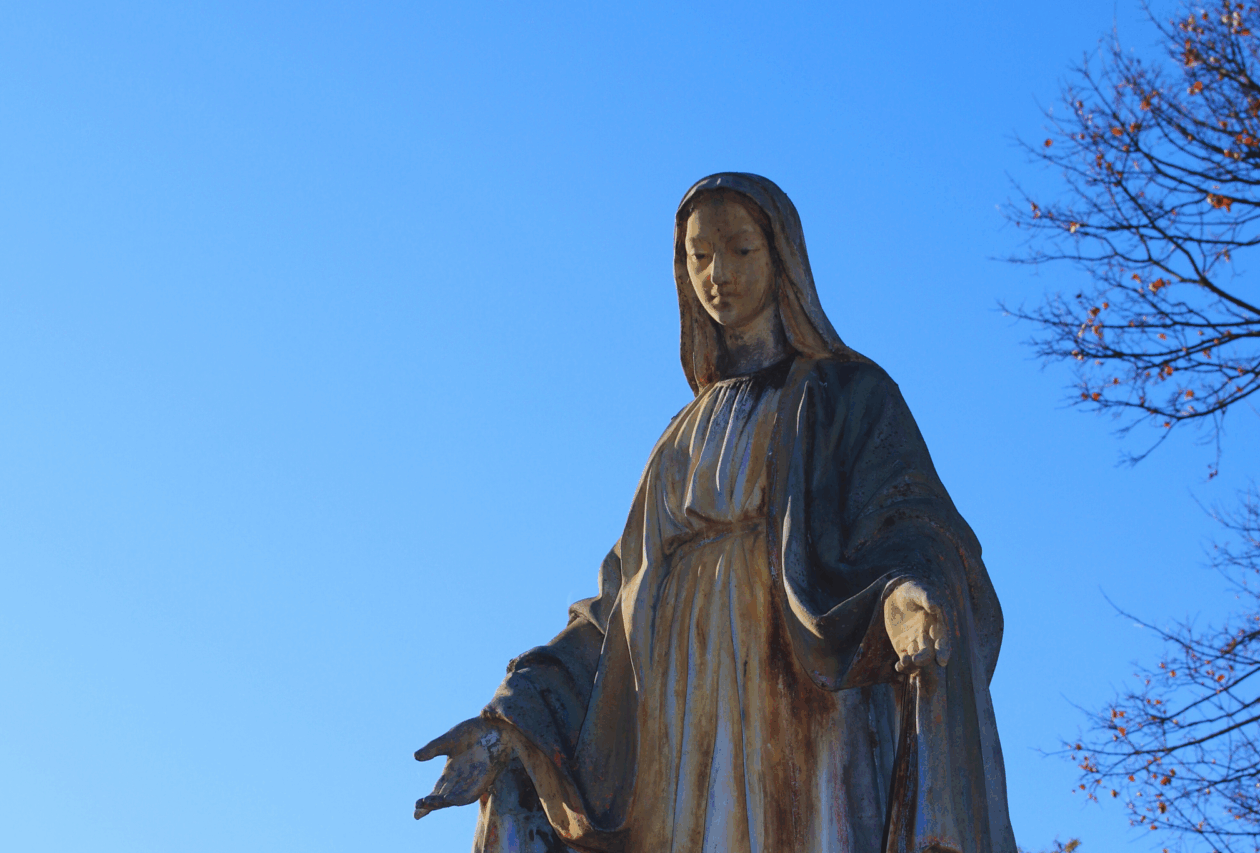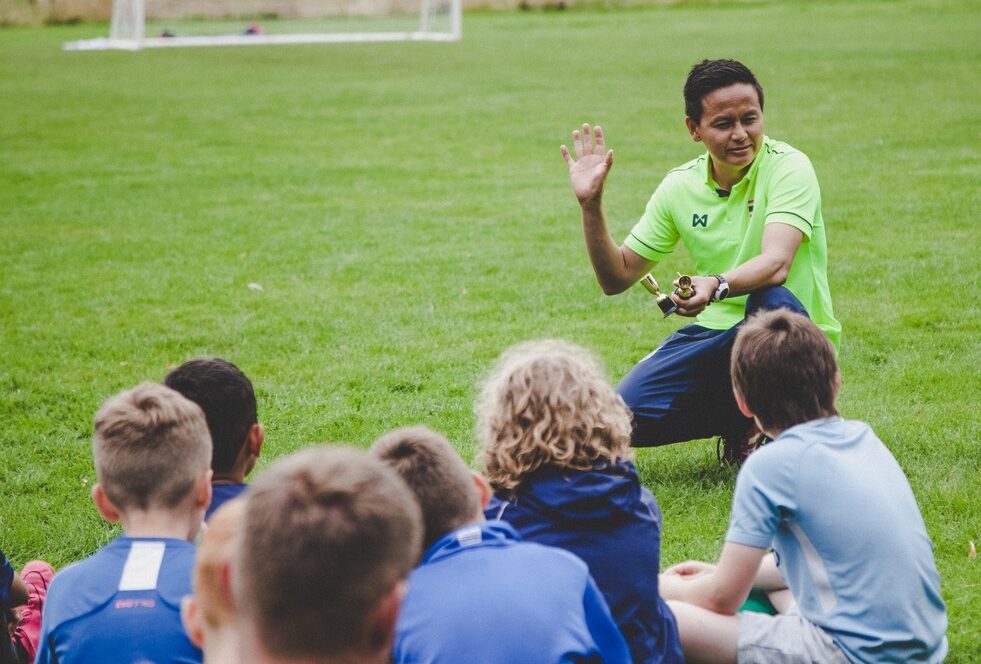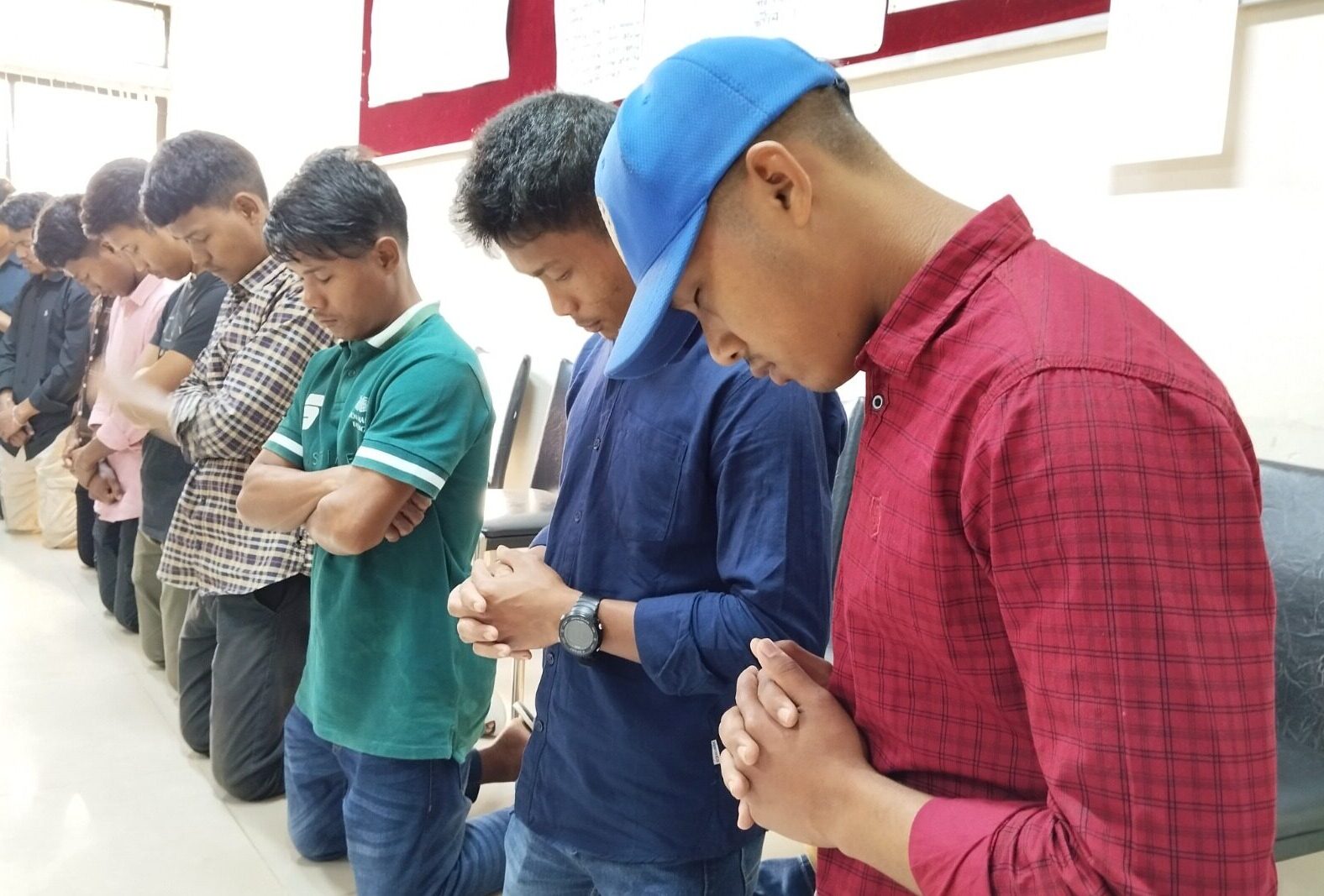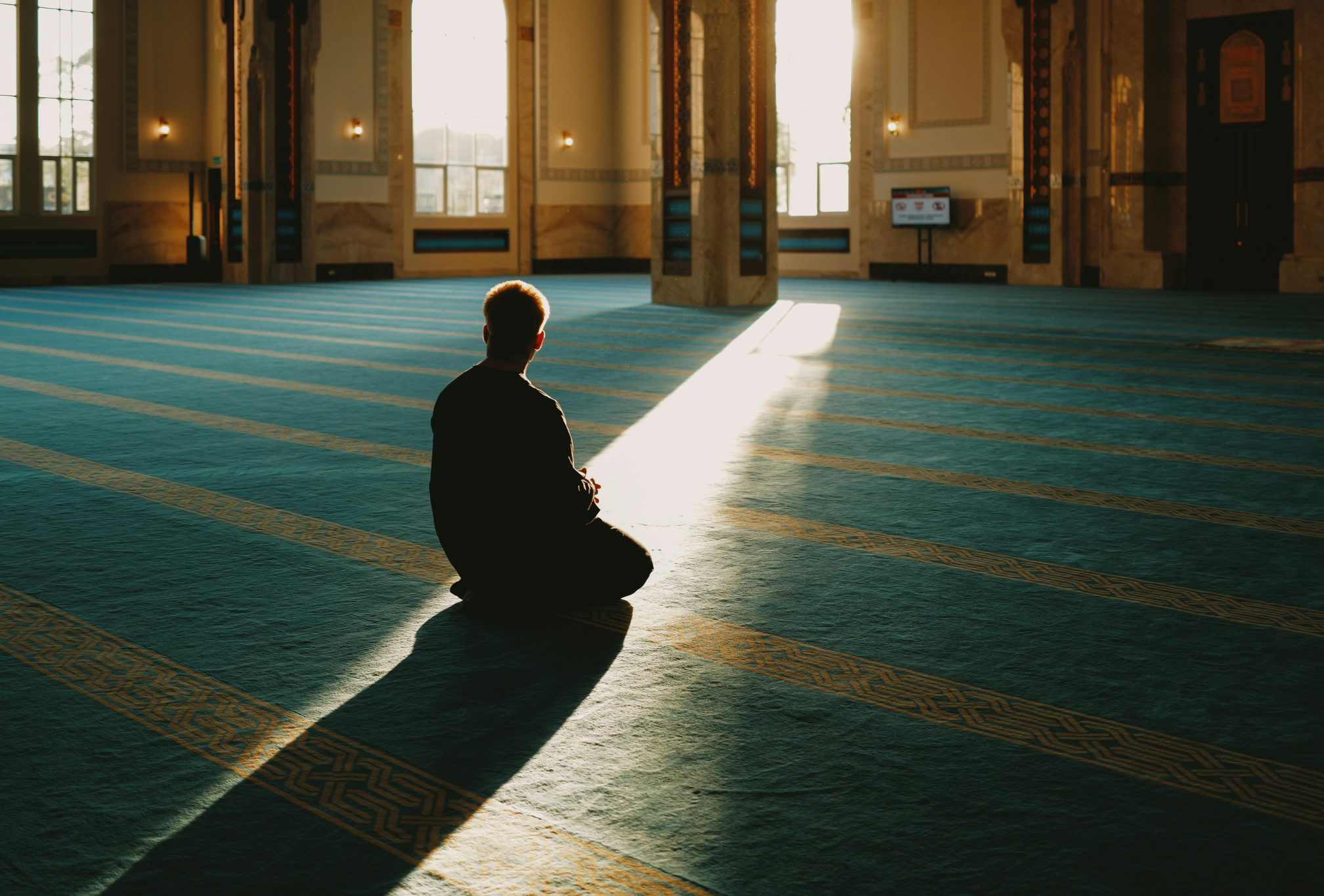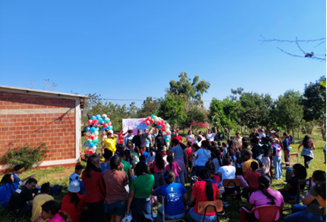By Christine*
Christine joined a Fulani community in West Africa four years ago out of love. She talks about her experience with the women who helped her integrate and to whom she wants to introduce true love, the love that comes from God.
“Love is patient, love is kind. It does not envy, it does not boast, it is not proud. It does not dishonour others, it is not self-seeking, it is not easily angered, it keeps no record of wrongs. Love does not delight in evil but rejoices with the truth. It always protects, always trusts, always hopes, always perseveres.” 1 Corinthians 13:4-7.
Sébo was the first to try to communicate with me in Fulani. She would sit next to me and speak to me in very simple sentences punctuated by “A famii?”
And of course, I didn’t understand a word of it. So, she repeated the sentences in all sorts of different ways until I shouted out “I’ve understood!”
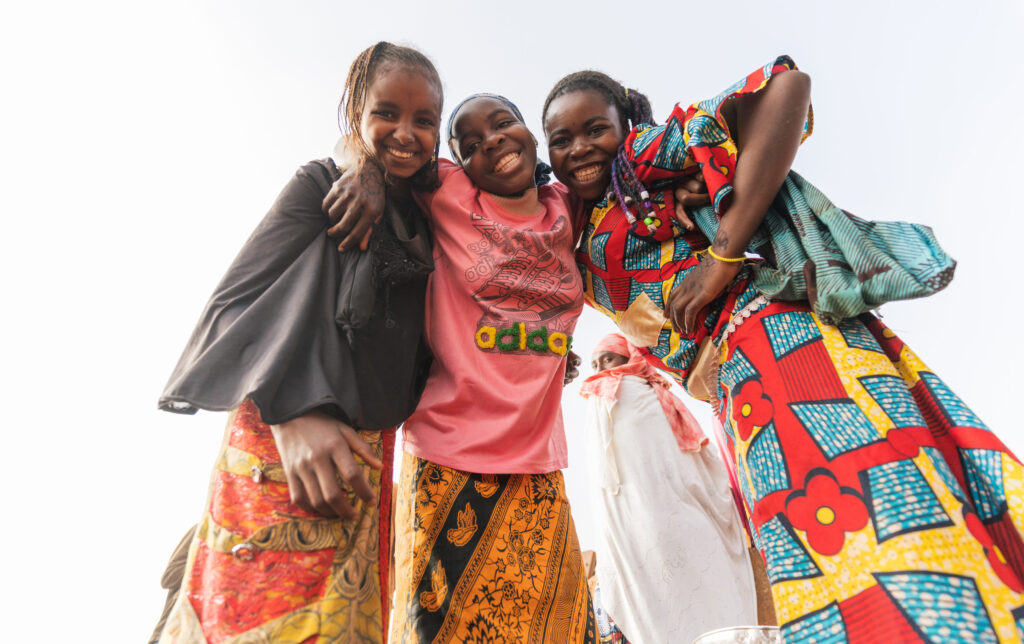
When I understood a sentence, she continued with a new one. It was thanks to her perseverance that we were able to have conversations. My first conversations in Fulfulde! She was the first person to really want me to understand and learn her language. That really touched me.
She was the first person to really want me to understand and learn her language. That really touched me.
During one of these conversations, Sébo said to me: “They call me Sébo but that’s not my real first name, it’s Naima*”. She then explained: “The others call me Sébo because I’m the seventh girl in my family!” I laughed and said, “So I’m Sébo too!” She replied: “You must have misunderstood! Then she explained again why she’s called Sébo. I insisted, saying: “I’m Sébo too!” I told her the names of my six sisters. To which she replied: “Ah! You’re Sébo too! We’re Sébo!” When I arrived, I was given the name Fatime, but I could also have been called Sébo, because I really am the seventh daughter in my family.
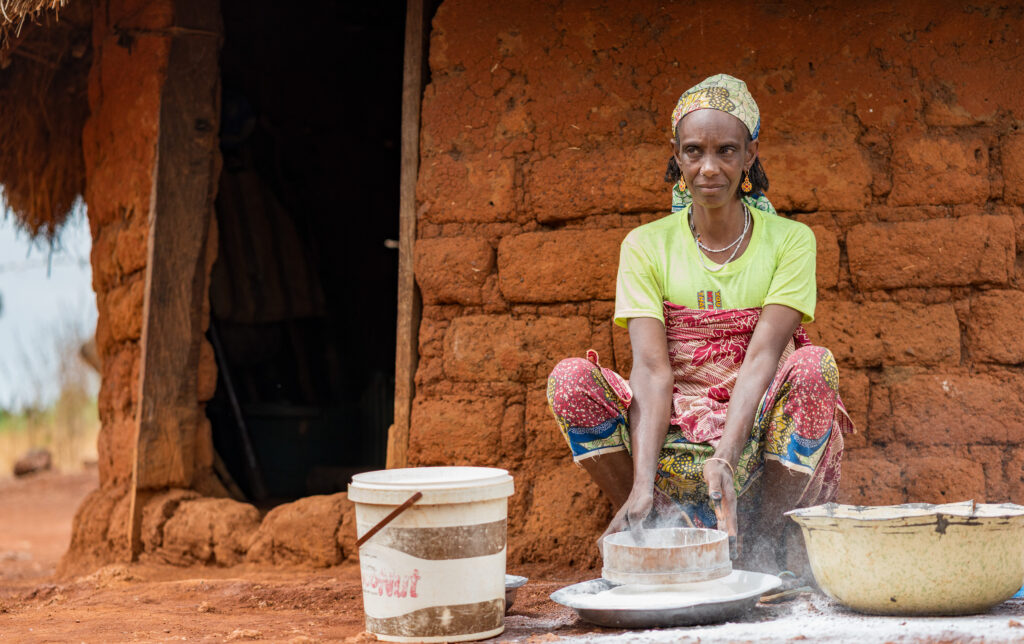
The rest of her family found it hard to believe that I could really be Sébo, telling me: “White people have small families!” So, I showed them a photo of me and my family. I said to them: “See the baby there? That’s me!”
This little anecdote was, in fact, a major event in my relationship with Sébo, which cemented a budding friendship. It’s in moments and experiences like this that I see just how far God is clearing the way ahead of me. Indeed, although I am white, not only did I grow up in a large family, but one that bears a striking resemblance to Sébo’s family. Everyone found this similarity very funny.
I met Sébo very quickly, shortly after my arrival in the Fulani community. When I met her, she had already been married for four years and didn’t yet have any children. This situation was difficult for her. So, I went with her to hospital, where she was prescribed several treatments that led to pregnancy. Sébo gave birth to a baby girl.
Please pray
- For Sebo, who has had some Christian influences in her life: that she will have the courage to let Jesus make His place in her. And that she may realise that accepting Jesus will not cause her to lose her identity but that, on the contrary, she will find her identity in Him alone. May the belief that to be Fulani is to be Muslim be abolished in her heart.
- For Christine to be able to continue her ministry among the Fulani, serving the people she loves and showing them the love of Jesus and what it means to be a Christ follower
- For peace in the region and harmony between people groups so that the gospel of Jesus Christ can take root and flourish

